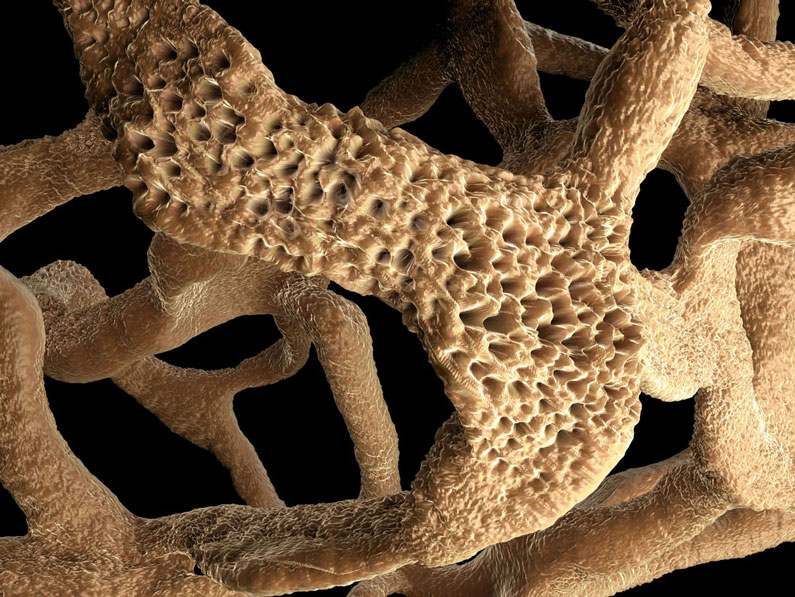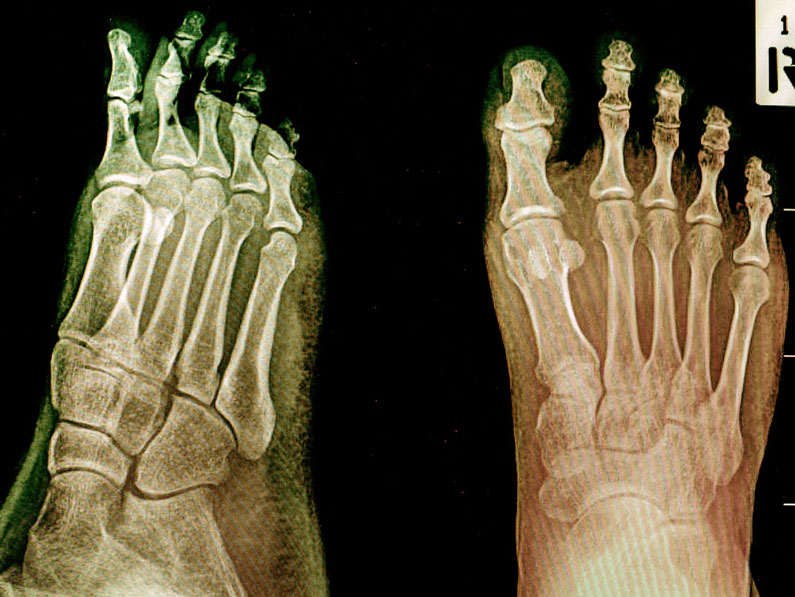
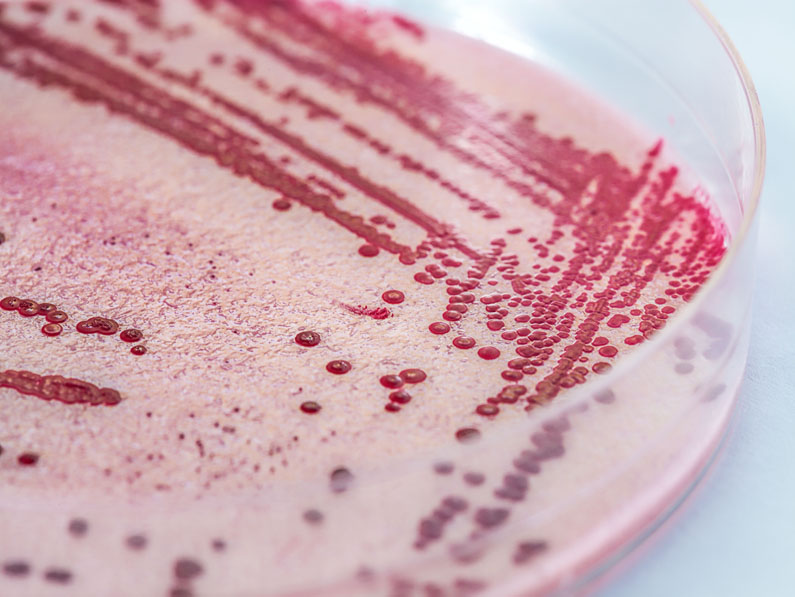
Listeria infection
L. monocytogenes are intracellular gram-positive bacteria that are capable of thriving in divergent environments, thus becoming practically ubiquitous in nature. Consumption of foods contaminated with L. monocytogenes can result in the development of a pathology called listeriosis, manifested as varying degrees of gastroenteritis and systemic spread of the bacteria that in susceptible hosts can be lethal.
TNFα is critically involved in the regulation of inflammatory, autoimmunity and infection. Its role in the maintenance of active defense against bacterial infections is effectively highlighted by the fact that both TNFα and TNFR1 knockout mice succumb to L. monocytogenes infection (Pasparakis et al., 1993 and Pfeffer et al., 1993). Moreover, it is well known that TNF blockade in arthritis patients results in increased susceptibility to bacterial infections, including tuberculosis, listeriosis etc. Therefore, investigation of the effect of anti-TNF treatments on host defense against L. monocytogenes infection is of great importance in assessing the side effects caused by the extent of blockade of TNF by the various anti-TNF treatments.
Our preclinical testing tools
Intraperitoneal administration of low titers of L. Monocytogenes results in the development of pathology characterized by bacteriemia, listeria colonization of organs that include spleen and liver and immune responses involving elevation of proinflammatory cytokines levels. Immunocompetent mice succeed in coping with the infection while mice with compromised host defense against bacterial infections succumb in a few days time.
Listeria infection preclinical platform
Listeria infection protocols include infection with the Listeria titer of choice. At high titers (106-107) Listeria infection is lethal even for normal -fully immunocompetent mice. At lower doses normal mice survive while TNFKO and TNFR1KO mice die.
Tg1278TNFKO animals infected with L. monocytogenes are a valuable model for the evaluation of the effect of anti-hTNF therapeutics on host defense mechanisms as the blockade of human TNF in these animals results in their increased susceptibility to L. monocytogenes infection. Susceptibility to Listeria can be assessed histopathologically through liver granuloma formation and trough increased levels of circulating pro inflammatory cytokines as IL6.
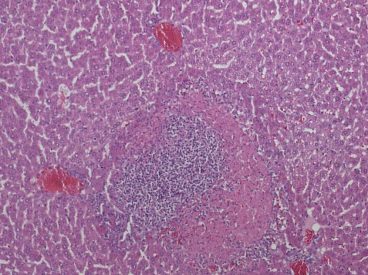
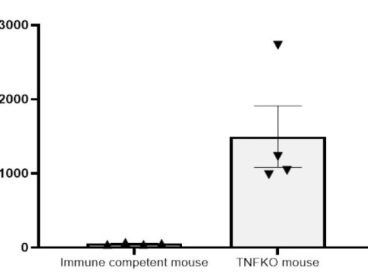
Read-Out Parameters
Daily monitoring of general health status and survival
Blood samples collection on days 3 and 5 for assessment of Listeria titers and/or proinflammatory cytokines levels
Validated platforms
Listeria infection in Wild-Type mice
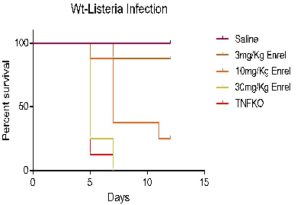
Competitive Advantage
Susceptibility to Listeria infection is an important safety factor for anti-TNF treatment that should be systematically assessed.

